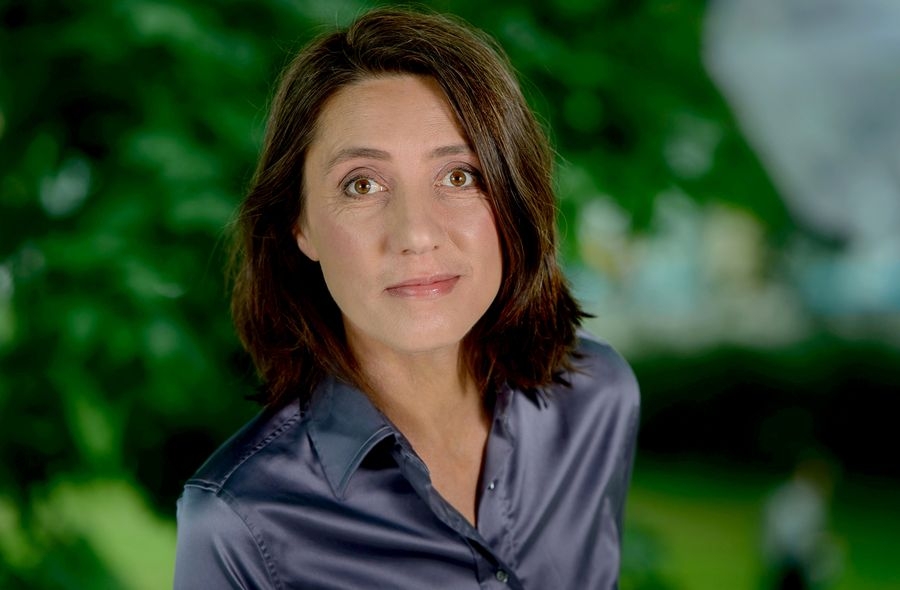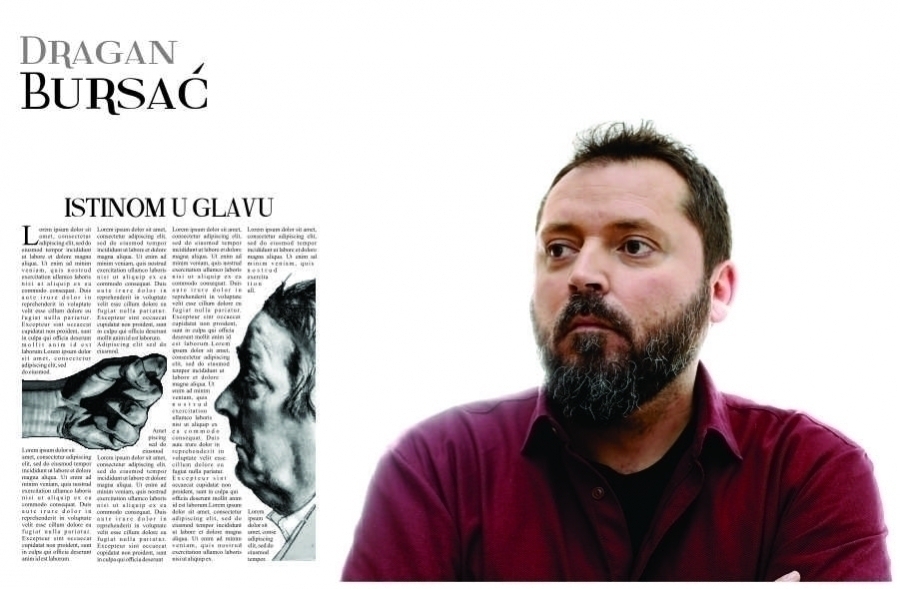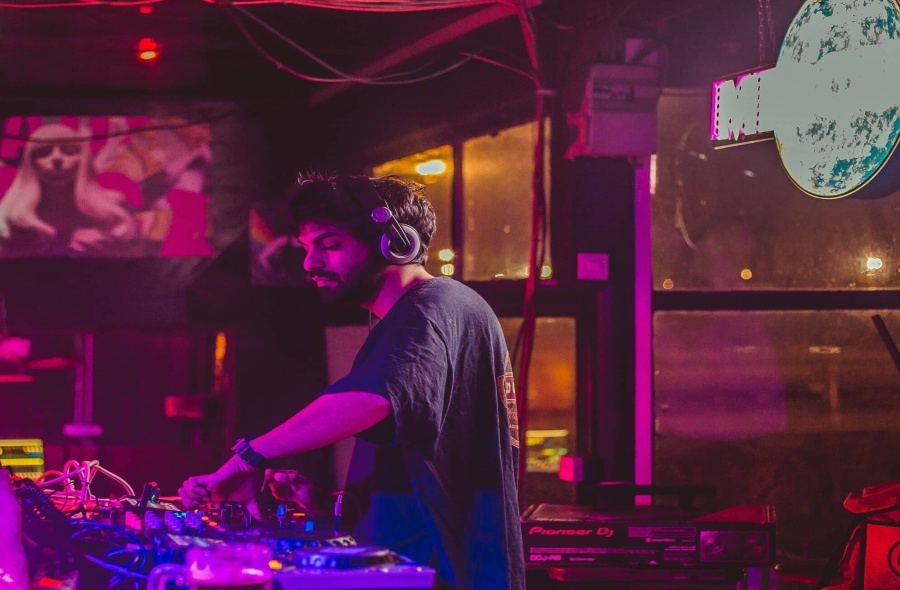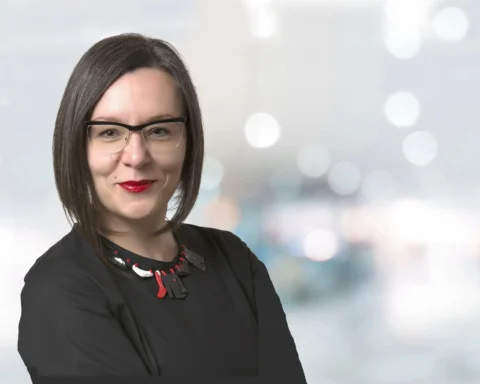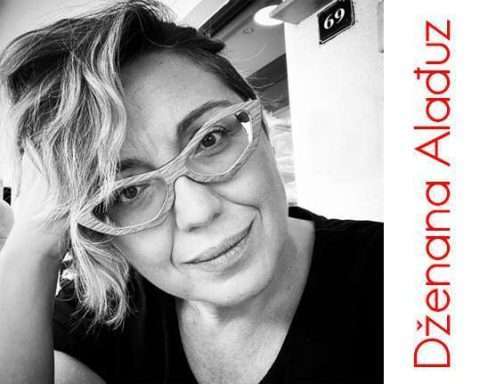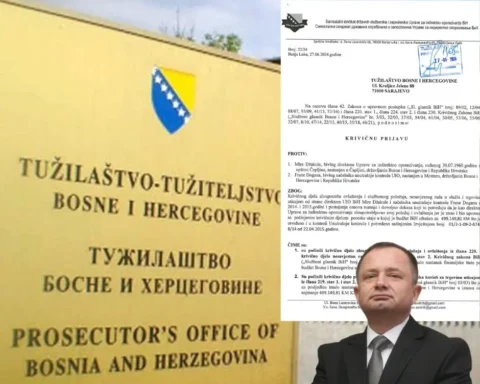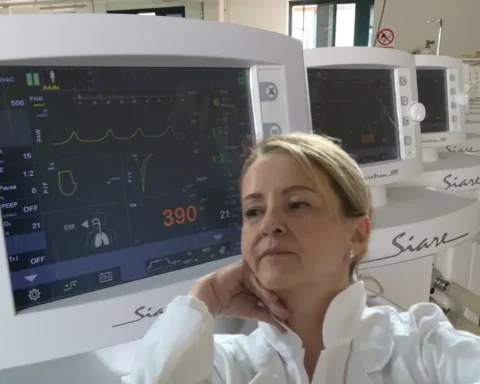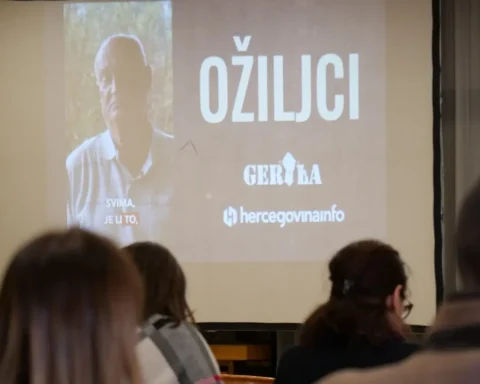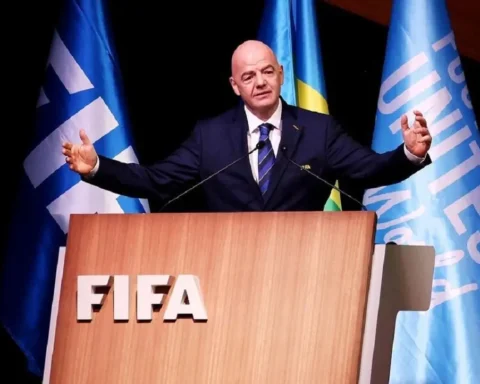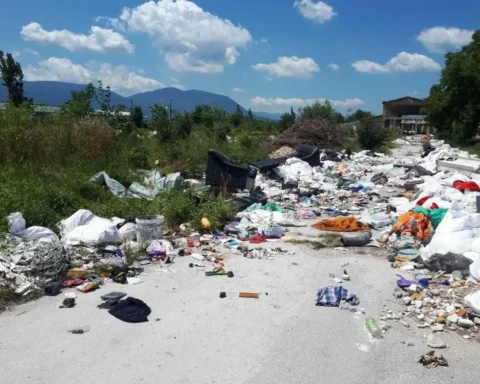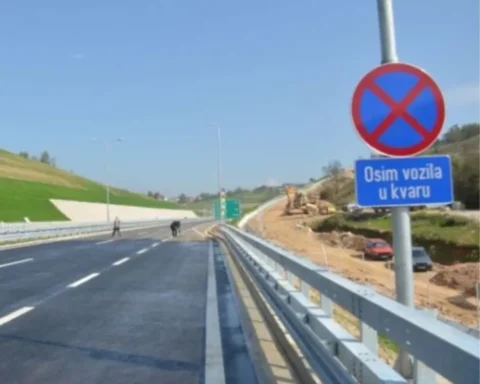Since 2017, Ellen Ueberschär is one of two presidents of the Heinrich Böll Foundation, a think tank for green visions and international network encompassing 33 offices all over the world, which are affiliated with the German Green Party. This Foundation share values such as democracy, human rights, ecology and gender equality. Ueberschär became part of the civil rights movement in the mid-eighties in East-Berlin. At that time there was a call for peace, justice and the preservation of creation by the protestant church, which became a hotspot for civil rights activities. After the wall came down, she continued her engagement and joined Heinrich-Böll-foundation. For our website, she talked about human rights, importance of green topics and democracy.
WHAT HAS TO DO CIVIL SOCIETY IN WESTERN BALKANS: “Must be supported in its efforts to fight corruption, increase gender equality and to foster a sustainable form of economic growth. There is a lot to do – this is why we call for a Green New Deal which tries to bring together economic growth and ecology via sustainable investments”.
INTERVIEW.BA: Why human rights are crucial for Heinrich Boell Foundation (HBF)?
UEBERSCHÄR: We are named after the German author and winner for the Nobel price for literature Heinrich Böll. We gladly follow his exhortation in his literature and as a public intellectual for citizens to get involved in politics, and we want to inspire others to do the same. Hence, human rights are one of our founding principles and we aim to strengthen human rights activists wherever we can. In times of nationalism, populism and shrinking spaces for civil society this seems more important than ever to me. Human rights are universal rights. They do not depend on cultural or societal contexts. “All human beings are born free and equal in dignity and rights”, this is what Article 1 of the Universal Declaration of Human Rights affirms. It doesn’t make a difference where we come from, whom we love, what ethnicity or religious background we have. More than 70 years after passing this universal declaration, we must continue to fight for its implementation in various contexts and with various methods. Because being human means to acknowledge these rights for all other humans as well.
INTERVIEW.BA: Why HBF is focusing on green topics? What are the intentions?
UEBERSCHÄR: In general, I am an optimistic person. However, when it comes to the state of our environment I am extremely worried. We face a climate crisis, which could soon become an existential crisis for all of us. The climate crisis is a fact we cannot ignore any longer. We must act now and we must act firmly: on the global, the European, the national and the local level. Ecology is a founding principle of the Heinrich Böll Foundation and the Green Party. Many of us started as environmental activists. Nowadays, we have an amazing new generation of climate activists: Greta Thunberg, Luisa Neubauer in Germany and all the other participants of climate strikes all over the world. Finally, the climate crisis seems to be higher on the agenda of the political elites worldwide. However, we did not see much policies being implemented so far. Thus, we must transform this energy of the streets into political action and effective changes. This is where we, as a political foundation, try to engage. We offer policy recommendation, spaces for exchange and support activists to transport their message to politicians.
INTERVIEW.BA: What is the special leverage of HBF for the region? What kind of Heinrich Boell messages are important for the Western Balkans?
UEBERSCHÄR: Since 1999, for 20 years, the HBS and its highly engaged directors and staff members see their task in cooperating with partners of civil society. This is what gives us hope. This is what drives us. For us, it is important that the war and the war crimes of the 90’s are addressed. This is a historical, a political, a legal and a psychological task, in which we will only succeed if we strengthen the networks in the Balkans which stand up against nationalism. For us, it is important to break through the narratives which fuel nationalism again and again. Moreover, we will continue to counter all attempts of glorifying war crimes or war criminals. We want to tell a different story of a successful and peaceful coexistence in a multiethnic state. For us, it is important to strengthen the democratic public space. This means we need a strong civil society, independent and free media, a lively cultural scene. For us, it is important that the human rights of all citizens in different states are protected, independent of their sex, their ethnicity and their sexual orientation. And to protect and support those who do exactly that with courage – just like Stefica Galic in Mostar. And it is important for us to draw the attention to the many urgent environmental problems of the countries: from the dramatic air pollution to the preservation of rivers and lakes. And for all of that we continue to support our partners reliably and trustful
INTERVIEW.BA: What are the main topics of HBF headquarters and how it can be transferred to Western Balkans context?
UEBERSCHÄR: In general, we try to align our work in the foundation’s headquarters in Berlin and in our offices abroad as much as possible. Thus, also in Berlin we work along our four main lines: democracy, foreign policy, ecology and gender equality. These are universal challenges which we face in Germany, in the Western Balkans and all over Europe – even globally. However, for us it is surely important to adapt these broad lines to the national, regional or even local context. For instance, if we look at the field of ecology, our Sarajevo focuses a lot on air quality, which is a major concern in many countries of the Balkans. The civil society here in the Western Balkan must be supported in its efforts to fight corruption, increase gender equality and to foster a sustainable form of economic growth. There is a lot to do – this is why we call for a Green New Deal which tries to bring together economic growth and ecology via sustainable investments. Moreover, we continue to work for a European future for the Western Balkan countries. Europe is only complete once the Balkans are integrated.
INTERVIEW.BA: You come from Easter Germany, which lessons can be learned from East Germany for the democracy topics? What are your observations?
UEBERSCHÄR: Yes, I was born in Eastern Germany – behind the Iron Curtain in a state of authoritarian rule and a lack of freedom. One of my most important lessons from these times is to stay courageous and confident. For successful transformations or peaceful revolutions – like in 1989 – we need brave people who are willing to take risks and who have the conviction that they fight for the right cause which will ultimately prevail. I travel a lot all over Europe, in the Balkans but also in Central Europe where we have to observe a decline in democracy in the past years. Yet, what makes me optimistic is that wherever I go, I meet activists, organizations and groups who have these qualities: they are courageous and confident. Of course, they need a trustworthy and functioning rule of law, and established rights, such as freedom of speech and freedom to gather for public meetings – this is what we as a foundation support. Changes, transformations and reforms take time; they are sometimes cumbersome and frustrating. But, as long as we have societal actors in various fields, I am confident that we will foster democracy, rule of law and sustainability in Europe and beyond.

